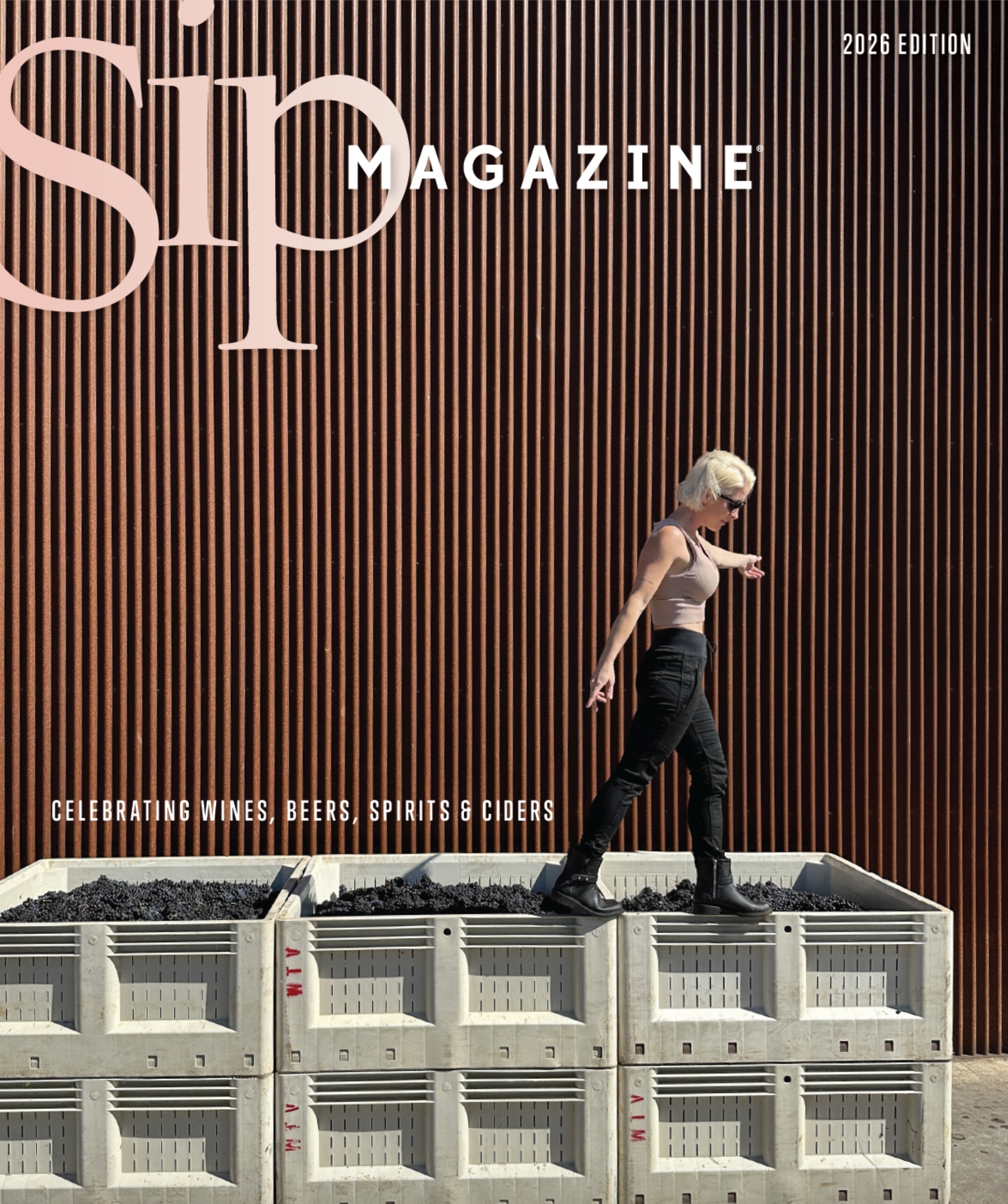I’ve always found the concept of the “second label” for wineries to be an interesting one. Certain wineries and winemakers have their own reasons for launching them, but since they’re a growing trend in the Pacific Northwest, I thought I’d explore a few of the most common explanations I’ve heard.
For many winemakers, a second label offers a chance to make wines in a different style. If you’ve built your reputation on big, bold red blends, but suddenly have a longing to make Pinot Noir, a second label might make more sense than just tacking that wine onto your existing lineup. Some winemakers might use a different winery name for wines with different inspirations: think Javier Alfonso’s Pomum Cellars (mostly French varietals) and Idilico (the grapes of his native Spain). This delineation does make a fair bit of sense, though uncovering the relationship between the two wineries can take just a bit of sleuthing.
Sometimes the second label can come about almost accidentally. In the case of Intrinsic, it happened because Juan Muñoz-Oca, the winemaker for Washington’s Columbia Crest, starting playing around with a radical new method of macerating Cabernet Sauvignon, leaving it on the skins for upwards of nine months (instead of the typical 25-40 days). The resultant wine was great, but didn’t really fit into the existing Columbia Crest portfolio, and thus a new label was born.
There’s also a financial motivation in some cases. A number of wineries have risen to prominence with fairly high-end wines, only to realize that while selling all your wine to wine club members is in some ways great, there’s also a tremendous market for wines that can be poured by the glass, or sold for under $20 in a retail setting. While I can think of plenty of examples where a winery just added those offerings on to their existing lineup, others have chosen to start a whole new winery, presumably to avoid confusing their existing brand.
The third reason, closely related to both of those, is for the sheer sake of creation. Establishing a new winery or new brand takes a lot of work, but for some winery folk that seems to be the most enjoyable aspect. You need only look at the many labels of Charles Smith Wines for an illustration of how alluring that process can be for the right kind of person.
So keep an eye out for second labels. In some cases, they can be a better example of a winemaker’s current passions, a chance to try the wines of a skilled winemaker at a lower price point, or just a new experience. Even if they’re just a cheaper bottle of wine, well, those come in handy most nights of the week.
Writer Zach Geballe is a sommelier at the Dahlia Lounge and the host of Disgorged, a weekly podcast and pop-up wine bar in Seattle’s Queen Anne neighborhood. He lives in Seattle, where he owns more wine than he can reasonably drink, but loves to share. You can find him at @zgeballe or vinetrainings.com.









